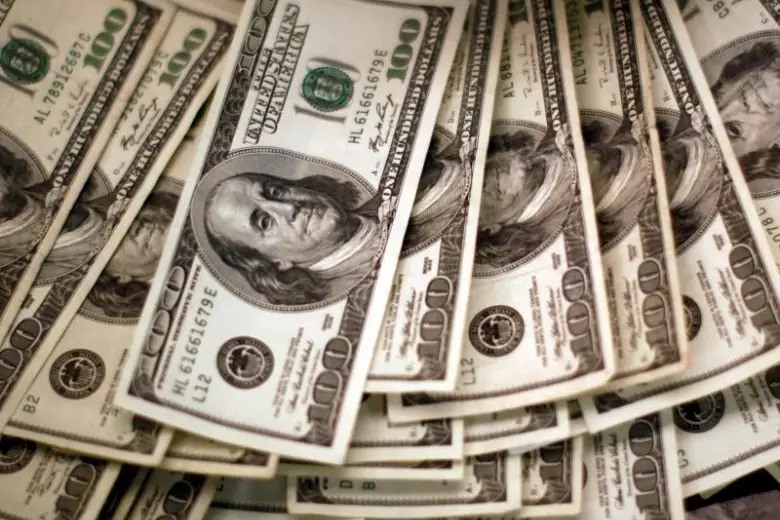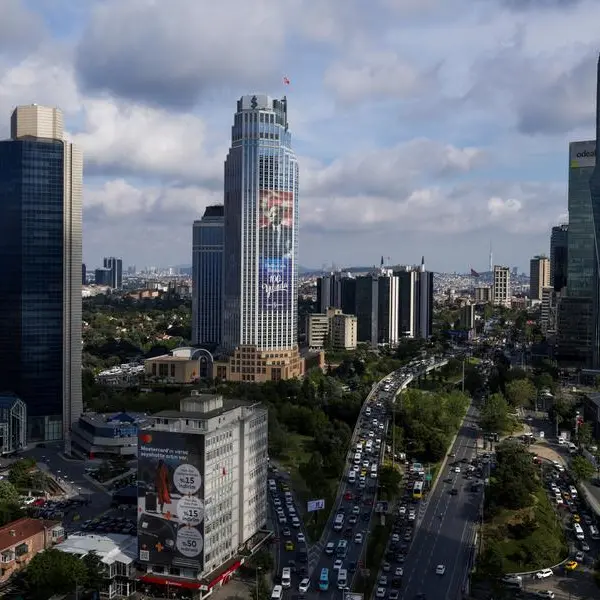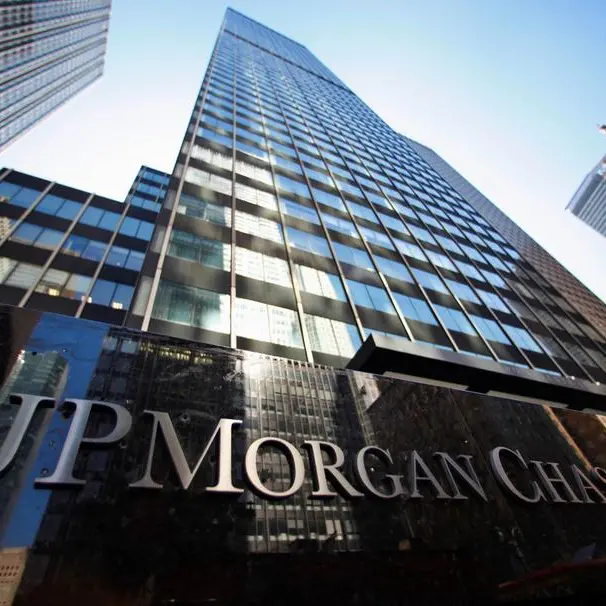PHOTO
Americas, EMEA - Corporate bond issuers are opting to delay new US dollar offerings until at least next week as credit spreads gap out and investors struggle to make sense of the severe tariff hikes president Donald Trump unveiled on Wednesday.
As a result, this week's supply is on track to disappoint. Investment-grade corporate issuance from Monday to Thursday totals just US$6bn – well below the US$25bn-$30bn anticipated this week by syndicate desks polled by IFR. And the majority of the total came from just one deal, yesterday's US$3.4bn fundraising from Holcim.
While investors did prepare for the well-telegraphed announcement yesterday, they were nonetheless surprised by the ultimate size of the tariffs the president imposed on almost all US trading partners.
"Despite investors bracing for a considerable increase in the US tariff regime, the revelation of President Trump’s actual plan managed to significantly surpass market expectations, resulting in a sharp flight to quality environment," said Daniel Krieter, a BMO analyst, in a note on Thursday.
The stock market sell-off and the weaker tone in other risky assets have led several would-be US dollar bond issuers to postpone deals that had been scheduled for today, according to a high-grade syndicate banker, who spotted investment-grade paper trading 5bp-10bp wider in the secondary market since yesterday.
Underwriters will now have to wait for a few more sessions before they have the opportunity to clear the current pipeline. There are at least nine issuers, including RWE and Repsol, that have carried out investor calls for potential high-grade transactions but have yet to price.
'Right decision'
As for high-yield, the primary market for US junk bonds was noticeably slower this week as borrowers and bankers anticipated Wednesday's tariff hikes, and the calendar remains light for the coming weeks.
“We were telling issuers that April 2 was a more material risk date,” said a leveraged finance syndicate banker on Thursday. “A lot of (opportunistic) borrowers elected to pause and wait, and that turned out to be the right decision.”
Only issuers that were under time constraints to raise funding for M&A-driven trades ventured into the market. Owens & Minor sold US$1bn of high-yield bonds yesterday as part of a larger funding package for its acquisition of Rotech Healthcare, a provider of home medical equipment.
The only other US dollar high-yield deal this week came as part of the €7.45bn-equivalent financing to support the acquisition of Sanofi’s consumer health business by Clayton Dubilier & Rice. That deal was largely in euros but there was a US$1.1bn seven-year senior secured note that priced at par to yield 6.5%.
Concessions
Despite the intense volatility of recent sessions, some remain sanguine on the outlook for near-term issuance – at least for the investment-grade market.
Even though several deals were pushed out until at least next week, the high-grade syndicate banker did not anticipate much issuance congestion ahead because many blue-chip US companies are in their earnings blackout periods.
But the banker conceded borrowers would have to offer new-issue concessions to clear deals, especially companies that are vulnerable to higher import duties.
"Concessions probably don't need to be too much more than the 5bp that we've seen as the average so far this year," the banker said. "Whereas for something that might be a little bit more exposed to tariffs or lower rated, investors are likely going to be looking for something more like at least 10 to 15bp of concession."
Source: IFR





















